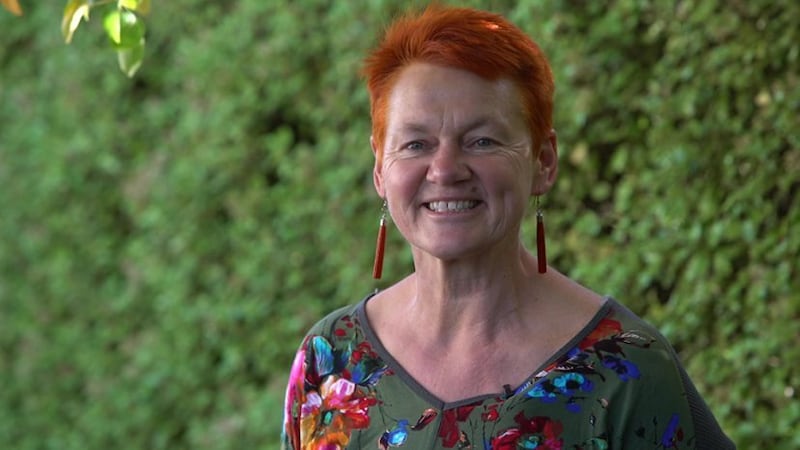Whānau Ora marked its 10-year milestone in Auckland on Wednesday, bringing together leadership, staff and 116 Commissioning Agency partners from across Te Ika-a-Māui.
The event featured speeches and reflections on the initiative’s impact over the past decade. Former Minister Willie Jackson praised Whānau Ora’s success, describing it as a source of pride and a testament to Māori-led solutions.
“I was the inaugural chair of the Urban Māori movement of MUMA. They invited me a long as the inaugral chair and as the spokesperson who negotiated the contract with John [Tamihere] and on top of that as my mahi in Māori development being the former Minister and current spokesperson for Labour. I came along to tautoko the kaupapa”
Te Pāti Māori co-leader Rāwiri Waititi who was the inaugral Whānau Ora Manager says that despite the current challenges, it’s important to continue on in advocating for change for whānau Māori.
“Kei te whawhai tonu tātou mo te oranga o te iwi Māori te take. No reira ko tāku ki te hunga nei, hāunga atu ngā mahi a te Kāwanatanga, kei te mahi tātou i runga i te tika, me te aroha ki tō tātou iwi Māori, whāia tonu, whakarukea tonu te mahi.”
He panonitanga te haere ake nei
From July 1, the new governance structures will come into effect which will see three Crown-established Iwi-Māori Partnership Boards (IMPBs), alongside charitable trusts, take on the commissioning mandate.
In March, the Whānau Ora Commissioning Agency (Formerly Te Pou Matakana) filed an injunction with application against Te Puni Kokiri following claims of being treated unfairly during the tender process.
However, this was dismissed by the High Court as they found there was nothing ‘unlawful’ or ‘unreasonable’ with the Te Puni Kōkiri approach.

E ai ki te ūpoko ō mua o Te Pūtahitanga o Te Waipounamu, Te Rōpū Kōmihana o Whānau Ora, e tika ana kia maumahara ki a rātou kua riro. Ngā ringa me ngā waewae o te kaupapa.
I kaha kōrero ia mo te koha nui i takohatia e Kahurangi Tāriana Tūria, me ōna kupu ōhāki.
“Tariana would be growling us gently and saying don’t forget where you came from, don’t forget about the mokopuna, if its going to be it starts with me it starts with us. We’ve got to start walking the talk”
Hei te Taite mutu ai te kaupapa.


